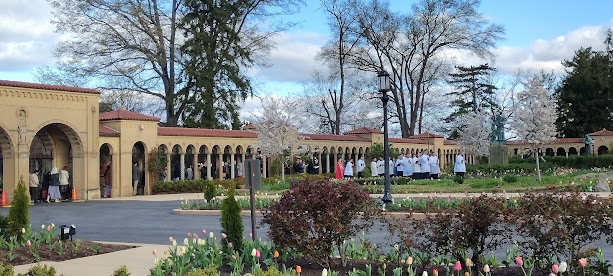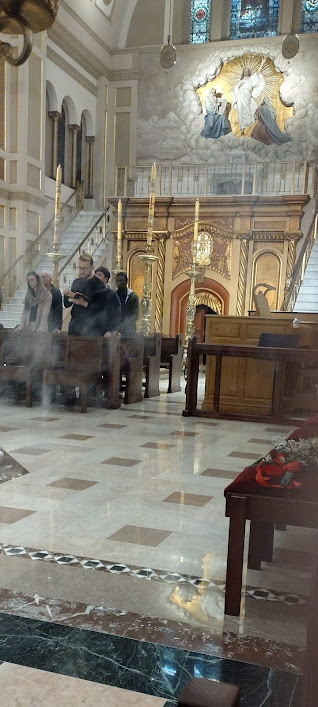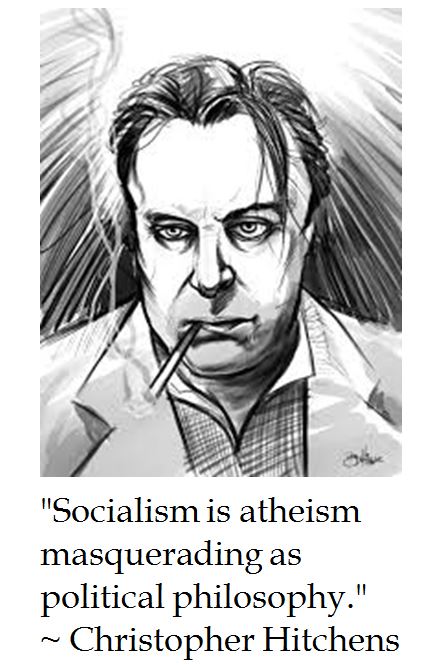As there is an embarrassment of riches in worshipping in the America's capital city, I often explore interesting liturgies during Holy Week which are not my common round.
With the promulgation of Pope Francis' moto propio: Traditionis Custodes (2021) and further restrictions on the pre-1962 Mass imposed by Cardinal Roche at the Congregation for Divine Worship, I felt compelled to attend the Palm Sunday Mass in the Usus Antinquior at the Franciscan Monastery in Washington DC before proponents of the "Spirit of Vatican II" entirely quash the Mass of the Ages.
It is curious how uninformed much of the laity is about the Liturgy Wars, even as it heats up. Just before Passion Week, I was sharing my plans with some theology graduate students at Catholic University. Of course they were aware that the Traditional Latin Mass (TLM) was celebrated in Latin but seemed fuzzy about the differences in lectionary, vestments and gesticulations which makes the Mass of Pope John XXIII and its Tridentine predecessors so distinct. However, even proponents of the TLM seemed unaware of how restricted is the celebration of what Pope Benedict XVI dubbed "the extraordinary form" in his moto propio: "Summorum Pontificum" (2007). Moreover, several with traditional pious preferences did not know other local locations of the Traditional Latin Mass.
The TLM Palm Sunday Mass needed to be started almost an hour earlier than normal due to the length of the liturgy and the tight timeline allotted for traditional worship at the shrine. The procession took place on a sunny but brisk morning with gusts of strong winds, but that did not deter the people of God from memorializing Jesus' triumphant entrance into Jerusalem as the messianic Son of David. Hosanna!-- Pray, save us!


One of the rituals to which I was unaccustomed was how the presiding priest used the processional cross to knock three times on the church doors before it was opened. This gesture had a strong impact on me, as I recently learned from Fr. Mitch Pacwa's Ecce Homo lecture that when traveled from Bethany to Jerusalem in his triumphant entry into the Holy City, he took an extent bridge from the Mount of Olives to the Temple and tradition has it that he preached from several days. Thus a humble itinerant preacher who was not a priest and raised the ire of the Sanhedrin proverbially busts into the Temple and proclaims the Kingdom of God.

Another thing that I noted is the changes in vestments and adornments during the TLM Palm Sunday. The presiding priest switched from a scarlet chasuble for the entry into Jerusalem into a penitential Lenten purple vestment during most of the TLM liturgy, except during the chanting of the Matthean Passion Gospel, in which he was stripped to his white alb. I also noted that between the start of the procession to the altar, the processional and altar crucifixes were clad in purple.

This "Extraordinary Form" Latin Palm Sunday Missa Cantata had many participants. The schola consisted of twelve singers. There were at least fourteen altar servers, most of whom seemed like seminarians. Several additional priests assisted in the proclamation of the Passion narrative. With an ensemble that large, it was vital that one of the seminarian altar servers acted as a silent Master of Ceremony with a commanding clap noting when to kneel. At times, I was so close to the action that I could hear an acolyte holding the edge of the celebrant's vestment tell him when to turn. Also due to my positioning, I was directly behind the thurifer, hence some snapshots with rising smoke.
As I neither have a pre-1962 missal nor do I prefer to read the Mass, I reveled in the mystery evoked during the liturgy. I had already heard the Novus Ordo readings for Palm Sunday and my less than proficient Latin could pick out keywords to discern where we were in the liturgy.
Being s a Vatican II baby, my instinct is to interpret the "full and active participation" in the Mass as called for in Sacrosanctum Concilium (1963) as listening attentively and vocalizing liturgical responses. Earlier in the year, Monsignor Pope made a poignant point that proclaiming scripture in "dead languages" like Latin is not meaningless. as it gives due to the Lord in worship using a sacred language. If one take one's faith seriously and prepares for the "'Sunday Obligation", this foreign sounding proclamation may offer unexpected insight through its reverence and beauty.
As I could not do my usual active vocal participation, I was moved to align my frail human gifts with the Lord's during the Eucharistic prayers and was felt profoundly moved. The reverence and relative silence is a rarity in our overstimulated culture. Moreover singing melodies from the St. Louis Jesuits sometimes harkens to faded glory of the 1960s rather than the majesty of scripture filled motets composed in the 1560s.
The church was about 90 percent full. Most were formally dressed. Many (but not all) women wore chapel veils. There were a fair number of small children present, dressed nicely without portable snack bowls or need for a cry room. All partaking in the Eucharist received it kneeling on the tongue. Many attendees remained after Mass for post liturgical thanksgiving prayers. Pope Benedict XVI predicted that the contemporary church may become smaller but more intentional and devote. These are the faithful who should be supported to that end.
Indubitably, this was a long two hour liturgy. The suit and tie attire for worship generally is not my style. My preference is not to need to rely on a missal when I worship at Mass. That being said, I do not understand the harshness during this pontificate for the faithful who prefer the Traditional Latin Mass. They are not sede vacantists who deny the legitimacy of sitting Pontiffs. They do attend Novus Ordo liturgies also but prefer the Mass of the Ages. They are well catechized. And the demographics skew younger, with many young families with several children, unlike the Rock of the Ageds guitar masses at many Novus Ordo parishes.
This pontificate professes to give more local autonomy and "synodality". Alas, the Synod of the Amazons (2019) has brought the scandal or Pachamama as well as recently approved Mayan rite messes Masses with purely pagan elements. And the German Synodal Way is instituting heterodox Catholic practices. Yet the one group that does not experience synodality are traditionally worshipping Catholics.
Again, I feel fortunate living in an urban area with many Catholic churches-- some of which strive to have reverent liturgy, including a few licit Mass of the Ages. I suspect that soon the latter option will be further suppressed. I wish that I could understand why.








